Topics
- active learning (18)
- research assignments (6)
- libraries (1)
- literature-based learning (2)
- multimedia (5)
- museums (6)
- object learning (7)
- online learning (5)
- peer instruction (10)
- storytelling (2)
- learning management system (2)
- syllabus design (3)
- teaching empathy (3)
- teaching fellows (1)
- lecture (3)
- learning goals (8)
- assessment (6)
- data (3)
- backward design (3)
- blended approaches (12)
- case-based learning (8)
- classroom contracts (7)
- classrooms and space (3)
- collaborative learning (27)
- community events (1)
- course transformation (7)
- devices (3)
- learning by making (5)
- discussion (24)
- engaged scholarship (4)
- experiential learning (16)
- feedback (18)
- group work (8)
- guest speakers (7)
- interdisciplinary (6)
- leadership (3)
Send feedback
Subscribe
Copyright © 2024 The President and Fellows of Harvard College | Privacy | Accessibility | Digital Accessibility | Report Copyright Infringement

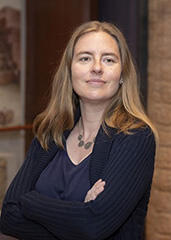 Christina Warinner, Associate Professor of Anthropology
Christina Warinner, Associate Professor of Anthropology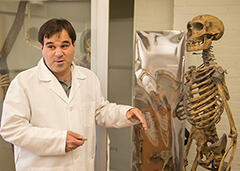 Terence D. Capellini, Richard B Wolf Associate Professor of Human Evolutionary Biology, empowers students to grow as researchers in his
Terence D. Capellini, Richard B Wolf Associate Professor of Human Evolutionary Biology, empowers students to grow as researchers in his 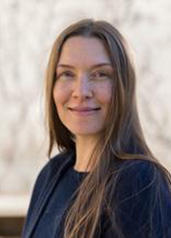 Manja Klemenčič, Lecturer on Sociology, has scaled a small research-based seminar course for sociology concentrators to one of Harvard College’s newest general education courses,
Manja Klemenčič, Lecturer on Sociology, has scaled a small research-based seminar course for sociology concentrators to one of Harvard College’s newest general education courses, 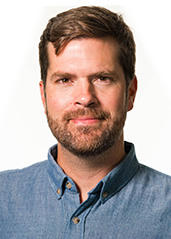 When Dr. Kevin Eggan, Professor of Stem Cell and Regenerative Biology, did research as an undergraduate, it “transformed for me what science was and what it could be.” His
When Dr. Kevin Eggan, Professor of Stem Cell and Regenerative Biology, did research as an undergraduate, it “transformed for me what science was and what it could be.” His 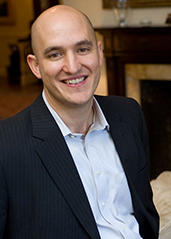 Todd Rogers, Professor of Public Policy, teaches students in
Todd Rogers, Professor of Public Policy, teaches students in  Ryan Enos, Associate Professor of Government, assigns an original research project—students define a question, design a study, collect data, and present their results—in his undergraduate and graduate political science courses. “It’s an opportunity to gain first hand experience conducting behavioral experiments, and to navigate all the necessary steps, questions, and challenges.”
Ryan Enos, Associate Professor of Government, assigns an original research project—students define a question, design a study, collect data, and present their results—in his undergraduate and graduate political science courses. “It’s an opportunity to gain first hand experience conducting behavioral experiments, and to navigate all the necessary steps, questions, and challenges.”